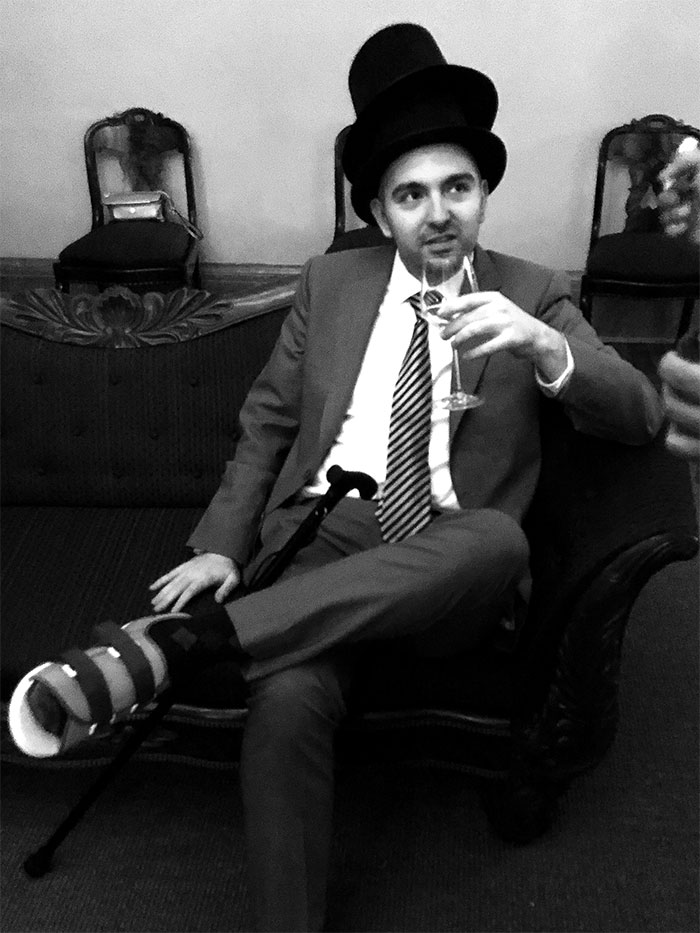The biggest takeaway from Common Sense Media’s School Privacy Zone Summit was, in the words of U.S. Secretary of Education Arne Duncan, that “privacy needs to be a higher priority” in our schools. According to Duncan, “privacy rules may be the seatbelts of this generation,” but getting these rules right in sensitive school environments will prove challenging. As the Family Educational Rights and Privacy Act (FERPA), one of the nation’s oldest privacy laws, turns forty this year, what seems to be apparent is that are schools lack both the resources and training necessary to even understand today’s digital privacy challenges surrounding student data.
Dr. Terry Grier, Superintendent of the Houston Independent School District, explains that his district of 225,000 students is getting training from a 5,000 student district in North Carolina. The myriad of different school districts, varying sharply in wealth and size, has made it impossible for educators to define rules and expectations when it comes to how student data can be collected and used.
Moreover, while privacy advocates charge that schools have effectively relinquished control over their students’ information, several panelists noted that we haven’t yet decided who the ultimate custodian of student data even is. One initial impulse might be to analogize education records to HIPAA health records, which belong to a patient, but Cameron Evans, CTO of education at Microsoft, suggested that it might be counterproductive to think of personalized education data as strictly comparable to individual health records. On top of this dilemma, questions about how to communicate and inform parents have proven difficult to answer as educational technology shifts rapidly, resulting in a landscape that one state educational technology director described as the “wild wild west.”
There was wide recognition by both industry participants at the summit and policymakers that educational technology vendors need to establish best practices – and soon. Secretary Duncan noted there was a lot of energy to address these issues, and that it was “in the best interest of commercial players to be self-policing.” The implication was clear: begin establishing guidelines and helping schools now or face government regulation soon.

